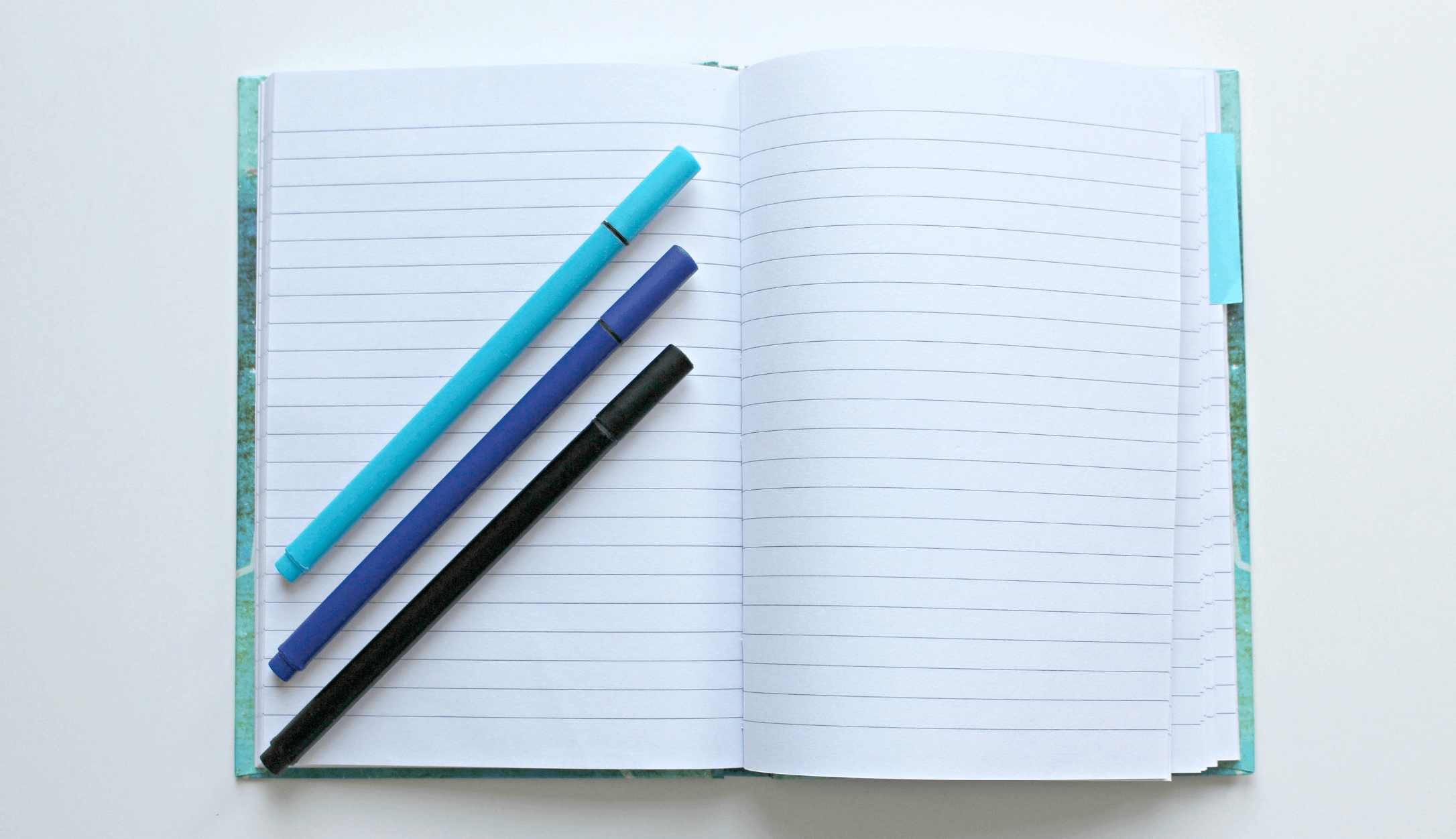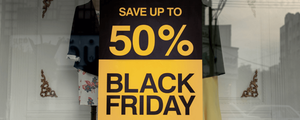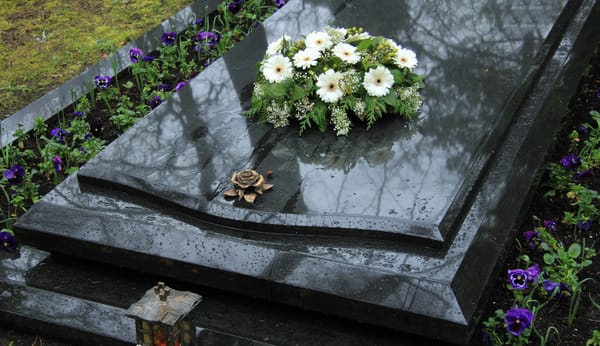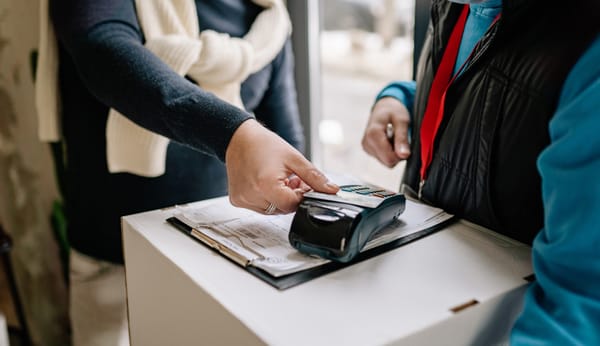You know that investing is a smart money move, but where to start? With much of your life still ahead of you, this question can be more than just a little overwhelming. Don’t worry, we’ve got you!
With Franc, you set your investments up according to the goals you’ve set. Stuck on prioritising and defining your goals? Let us guide you with our top five financial goals to aim to achieve by the time you’re 30.
Goal #1: Have an emergency fund 🆘
If the pandemic taught us anything, it’s that financial stability can quickly be taken from us as a result of circumstances outside our control. This quickly forced all of us to realise the importance of having emergency savings available for a seriously rainy day.
You may have heard the ‘3 to 6 months’ rule for emergency savings, and wondered where these seemingly random numbers come from. Seb Patel, COO and co-founder of Franc, sheds some light: “If you’re employed and you lose your job, having funds to cover your expenses for at least 3 months gives you enough time to get back into the market and secure a job.”
How to get there:
The very nature of an emergency is urgent, so you can’t afford to wait for your savings to be accessible. An easily accessible investment vehicle is critical for this purpose.
You also don’t want your savings to be exposed to too much volatility, putting you at risk of making a loss when you need to withdraw at a moment’s notice.
This is why Seb suggests looking at a money market fund, where you can earn a good rate of interest, whilst your capital value remains intact. Franc’s cash fund, the Allan Gray Money Market Fund, is a perfect example of this. 📱
Goal #2: All (bad) debt eliminated 🛍️
Pack away the misnomer that all debt is bad and needs to be eliminated. There is a type of debt, however, you should try to keep to a minimum by the time you are 30, and that is bad debt.
So, what is the hallmark of bad debt? “This is debt incurred for consumption,” explains Seb in a nutshell. It usually gives you instant thrills and joy, but isn’t long lasting. “Think credit cards and store accounts used to buy things that don’t have much value, or lose their value quickly.”
An overreliance on these types of debt can hold you back from achieving financial freedom, which is why keeping them to a minimum is a smart move.
How to get there:
Snowball method: This can help you knock down debt and free up cash to use towards longer-term goals (including investing!). Prioritise your smallest debt until it’s paid off, then use the cash you have freed up to settle the next one.
Avalanche method: If you have various debts similar in size, paying off the debt with the highest interest rate first could be a smart move.
Goal #3: Have a good credit score ✅
In order to gain many of the things you tend to want by age 30, you often need to take out credit. Want to buy a car? Own a property? You will probably need some financial help for these big-ticket items.
When you apply for credit, a ‘credit check’ is requested against your identity number. This is when the lender reaches out to a credit bureau, where all your credit history is stored. The credit bureau generates a three-digit credit score based on your historic credit behaviours.
A higher score of 620 and up (closer to 700) shows responsible credit usage, whereas lower scores can reflect a shorter credit history, or poor debt management.
“A credit score will dictate two things: whether a lender is prepared to take the risk of extending credit to you, and the rate at which they are prepared to lend to you,” says Seb.
So: the better your score, the more favourable your interest rate is likely to be.
How to get there:
Seb’s tip to start building your credit score is to open a credit card account so that you can start to build a bit of a credit history (but use the credit responsibly!).
Ensure credit bureaus have positive data on record by paying your outstanding balances in full, in time, every time.
Goal #4: Student debt paid off 🎓
If you took out a loan to pay for studies, and are now employed, make it a priority to settle that debt by the time you reach 30.
“Though it’s classified as a ‘good’ debt (because you’ve invested in yourself), you don’t want this kind of debt hanging over you for too long,” notes Seb.
The longer you spend settling that debt, the longer the delay to reaching other life goals that you could’ve used that cash for.
How to get there:
Review your budget and identify unnecessary expenses that are ‘eating up’ extra pockets of cash that could instead be used to help settle your loan. That’s coffees, subscriptions, takeaways etc.
Also aim to pay more than your monthly minimum amount so that you can reduce your loan term, and therefore also reduce the interest you’ll pay.
Goal #5: Have a year's worth of income invested for retirement 👵🏽
“Having the equivalent of a year’s income is probably the hardest goal out of this whole list to achieve before you’re 30,” Seb acknowledges. “But it’s a good initial target, if you think about how, when you reach 60 and want to retire, you want ideally 15 times your annual salary in assets to retire comfortably.
“If you can get past this initial hurdle of having a year’s salary saved, you'd be well on your way.”
How to get there:
This 50/30/20 budgeting guideline helps you divide your income between your essential expenses (needs), nice-to-haves (wants) and your savings contributions and debt settlements. It helps you to use your income responsibly, ensuring you can sustain yourself, progress towards your goals and enjoy your money, too.
With the ‘savings’ portion, Seb recommends investing in the market as soon as you can while you’re still young, to take advantage of the benefit of compounding investment returns and to help you grow your retirement savings.










